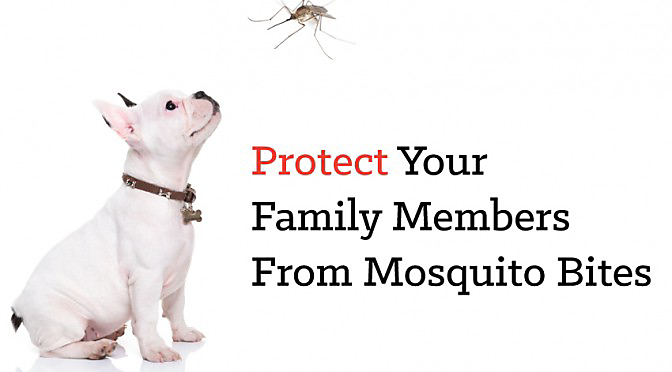Why do I Have to Use Heartworm Prevention in the Winter?
Our primary care team member, Dr. Boone, has responded:
 Heartworm disease is transmitted by the mosquito. When a mosquito bites an infected animal, it transfers the microscopic organism (microfilaria) to the next animal that it bites. According to the American Heartworm Society, heartworms have been found in all 50 states. Factors that influence the risk to your pet include the species of mosquitoes in the area, presence of mosquito breeding areas, and presence of animal “reservoirs” (such as infected dogs, foxes or coyotes that are the natural host for heartworms).
Heartworm disease is transmitted by the mosquito. When a mosquito bites an infected animal, it transfers the microscopic organism (microfilaria) to the next animal that it bites. According to the American Heartworm Society, heartworms have been found in all 50 states. Factors that influence the risk to your pet include the species of mosquitoes in the area, presence of mosquito breeding areas, and presence of animal “reservoirs” (such as infected dogs, foxes or coyotes that are the natural host for heartworms).
Even in states and areas were winters are cold, mosquitos are constantly changing and adapting to cold climates. Furthermore, the weather does not stay constant throughout the winter months. It fluctuates throughout winter from being warm (50-60 degrees) to being cold (10-30 degrees). Plus, mosquitos can come inside the house during the warmer periods of winter and survive inside the house. Therefore, the safest recommendation is to use heartworm prevention and protect your pet year round; and to have your pet tested every 12 months.
Most heartworm products that have been approved and tested by the FDA also contain a medication for common intestinal parasites that are contracted via the environment. These intestinal parasites can also be a health risk to both you and your best friend; therefore, using heartworm prevention year round will help combat that as well.

Dr. Boone graduated from Tuskegee University and joined Friendship in 2004, where she completed her internship in 2005 and has been a staff doctor ever since. Dr. Boone has a special interest in small animal surgery and preventative medicine.
*Featured image courtesy of Mosquito Magnet.
